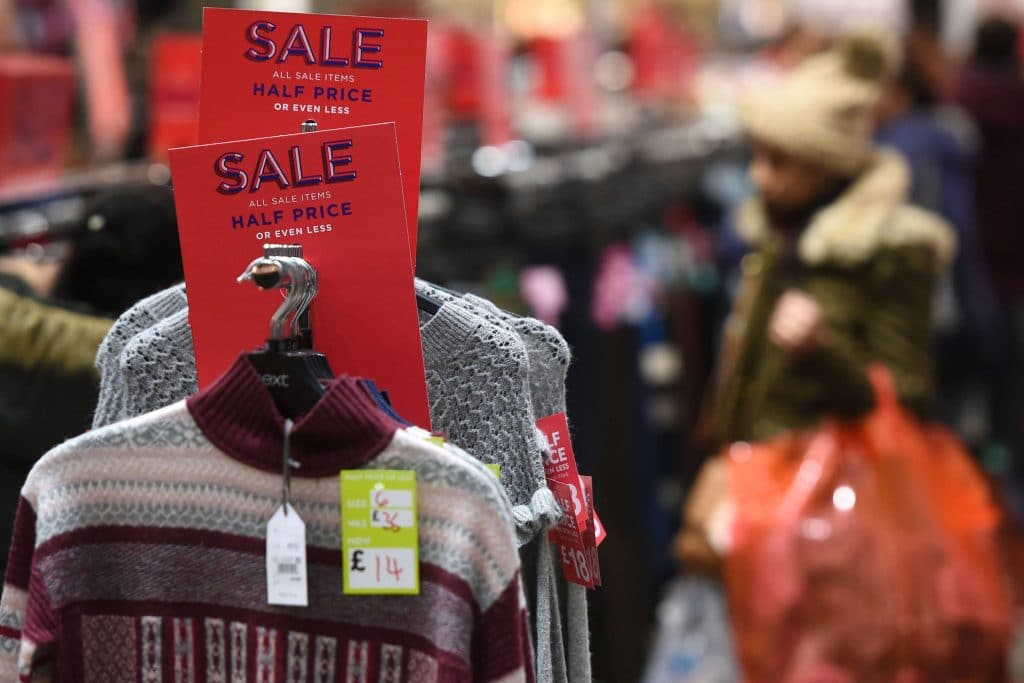Shop prices have fallen at their shallowest rate in three and a half years, as the effects of the pound’s depreciation and rising costs build up, new figures show.
According to the BRC-Nielsen Shop Price Index, overall shop price deflation was 0.3 per cent year-on-year in June, a slight deceleration from the 0.4 per cent fall in May and the shallowest deflation rate since November 2013.
Deflation of non-food products was 1.4 per cent, comparable to May‘s deflation of 1.5 per cent and April‘s of 1.4 per cent.
However, food prices increased on average by 1.4 per cent in June, a similar to figures in May and the highest since January 2014.
Fresh food prices in particular continued its upward trajectory, recording a 1.4 per cent increase in June, higher than the 1.2 per cent increase recorded in May and the highest increase since February 2014.
Ambient food inflation stood at 1.5 per cent in June, a slowdown from the 1.8 per cent increase in May.
READ MORE: Cost of grocery on the up despite continuing fall in overall shop prices
“The fact that the headline number, minus 0.3 per cent, shows that prices are still down on last year should not be misunderstood,” British Retail Consortium (BRC) chief executive Helen Dickinson said.
“The year-on-year numbers belie the fact that prices have been heading upwards for the last six months.
“It’s just that significant deflation in the second half of 2016 means there has been considerable ground to make up in the year on year figures.”
Dickinson added that the steadying of inflation in June was likely to be a “brief hiatus”, with predictions that shop prices would continue increasing in coming months.
“The reality is that cost pressures faced by retailers continue to mount,” she said.
READ MORE: After months of falling prices, average grocery basket cost rises sharply
“These pressures arise both from market driven increases in the underlying cost of goods and as a result of government policies. There is a limit to the ability of retailers to protect consumers by absorbing these impacts into their margins, as a result further price increases are inevitable.
“With that in mind and with the UK’s trading relationships under discussion, it’s of the utmost importance that the government does all it can to limit any further cost increases that could further adversely impact the finances of the UK’s consumers.”
Nielsen head of retail insight Mike Watkins said: “With inflation rising in essential goods and services, many households are now seeing their monthly household expenditure come under pressure.
“Whilst this may add to the uncertainty around discretionary spending, the good news is that shop prices are increasing at a slower rate.
“Shoppers are also able to find further savings in retail with low price strategies across the grocery sector and competition across the marketplace keeping prices as low as possible.”
Click here to sign up to Retail Gazette‘s free daily email newsletter
















